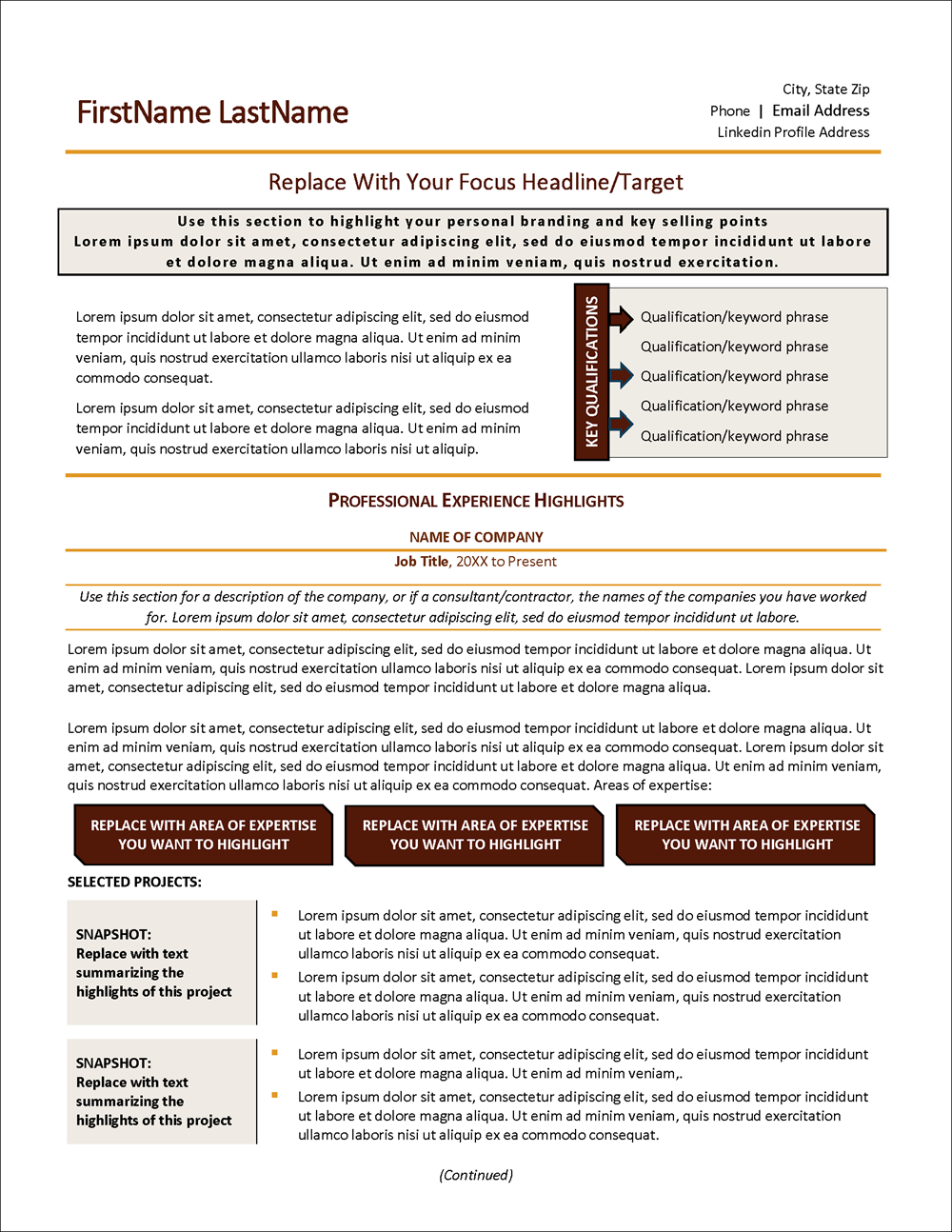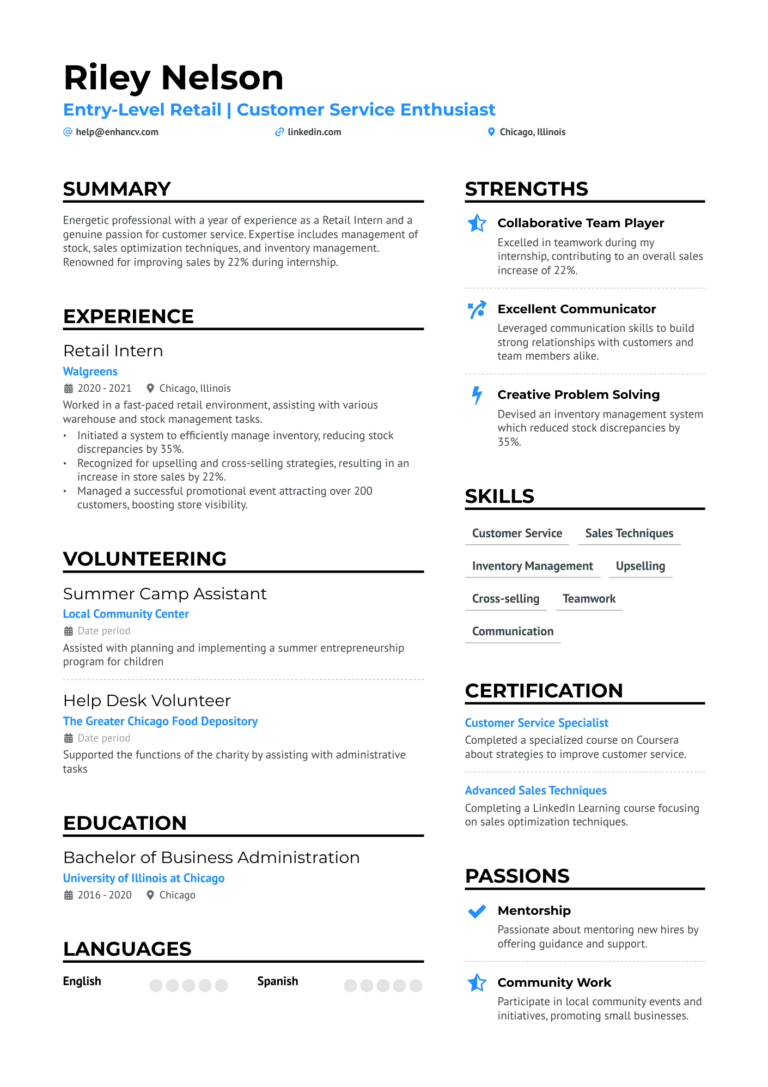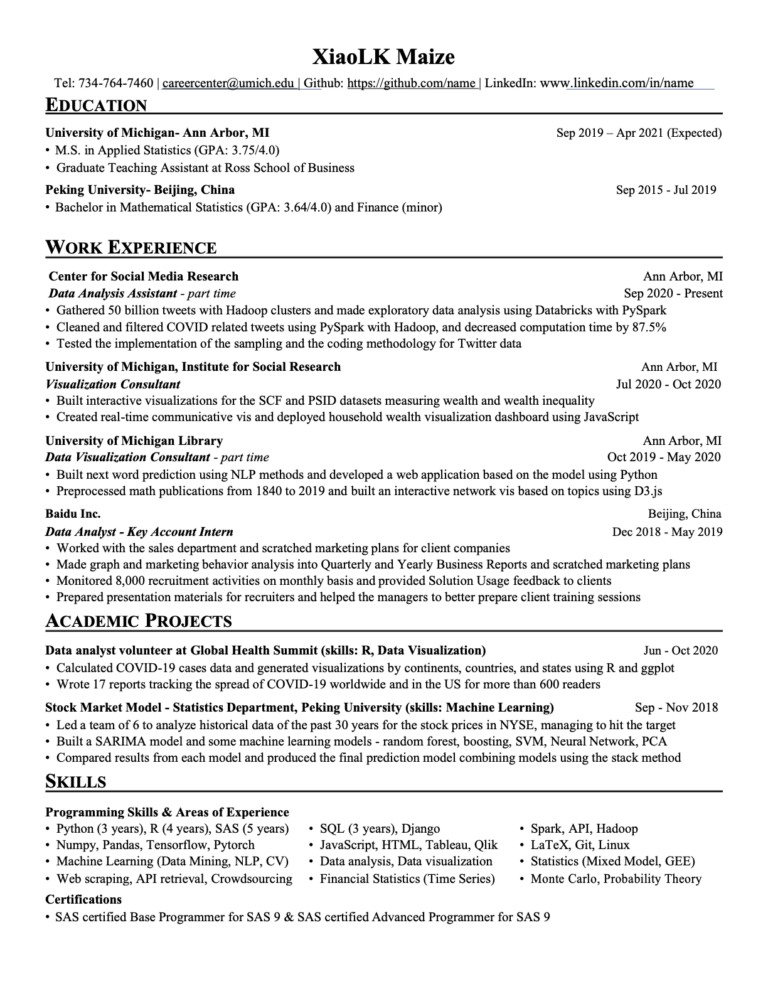Resume Template for Project Manager: A Guide to Crafting a Standout Application
In the competitive job market, a well-crafted resume is the key to unlocking career opportunities. For project managers, a tailored resume that showcases their skills, experience, and qualifications is essential to securing their dream job. This guide will provide a comprehensive overview of the elements of an effective project manager resume, empowering you to create a compelling application that will leave a lasting impression on hiring managers.
As a project manager, your resume should be a dynamic representation of your abilities to plan, execute, and deliver successful projects. It should highlight your proficiency in project management methodologies, stakeholder management, risk assessment, and team leadership. By carefully crafting your resume, you can effectively communicate your value and demonstrate why you are the ideal candidate for the role.
Professional Summary
A project manager’s professional summary is a crucial section of their resume that encapsulates their skills, experience, and aspirations in a concise and impactful manner. It serves as a compelling introduction to the candidate’s profile and entices recruiters to delve deeper into their qualifications.
Effective professional summaries showcase a clear understanding of the project management field, highlighting the candidate’s ability to plan, execute, and deliver successful projects. They often begin with a strong statement that summarizes the candidate’s overall experience and expertise, followed by specific examples of their accomplishments and contributions.
Key Elements
- Conciseness: Keep it brief, typically within 3-5 sentences.
- Quantifiable Results: Use numbers and metrics to demonstrate your impact.
- Relevant s: Include industry-specific s to enhance visibility.
- Call to Action: End with a statement expressing interest in the position or company.
Skills and Expertise
Project management demands a diverse skillset encompassing technical proficiency, leadership acumen, and interpersonal dexterity. These capabilities can be categorized into three primary domains: Technical Skills, Leadership Skills, and Interpersonal Skills.
Quantifying and demonstrating these skills requires a proactive approach. Track your accomplishments using metrics, such as project completion rates, budget adherence, and stakeholder satisfaction levels. Showcase your leadership abilities through testimonials from team members or clients. Highlight your interpersonal skills by emphasizing successful collaborations and conflict resolution experiences.
Technical Skills
- Project Management Methodologies (e.g., Agile, Waterfall, Scrum)
- Project Planning and Scheduling
- Budget Management
- Quality Assurance
li>Risk Management
Leadership Skills
- Team Management
- Stakeholder Management
- Communication and Presentation Skills
- Conflict Resolution
- Decision-Making
Interpersonal Skills
- Collaboration
- Empathy
- Negotiation
- Networking
- Intercultural Sensitivity
Experience
Highlighting relevant experience is crucial for a project manager’s resume, as it showcases your abilities and expertise in managing projects successfully. Effectively presenting your experience involves using bullet points and action verbs to emphasize your accomplishments and contributions.
Tailoring your experience to specific job requirements is essential. Review the job description carefully and identify the skills and responsibilities required. Then, select experiences that align with these requirements and highlight how you have applied those skills and met similar responsibilities in the past.
Key Responsibilities
- Plan, organize, and execute projects from inception to completion
- Develop project plans, timelines, and budgets
- Manage project teams, including assigning tasks, monitoring progress, and providing feedback
- Communicate effectively with stakeholders, including clients, team members, and management
- Identify and mitigate risks, as well as develop contingency plans
Education and Certifications
Formal education and industry-recognized certifications are crucial for project managers, providing a solid foundation and demonstrating your expertise. Include your academic qualifications, relevant coursework, and certifications prominently in your resume.
When presenting your education, list your degrees in reverse chronological order, including the institution’s name, location, and the dates attended. For each degree, indicate your major and any relevant coursework or honors received. Highlight any coursework that is directly related to project management, such as project planning, risk management, and stakeholder management.
Certifications
Certifications validate your skills and knowledge in specific areas of project management. Consider obtaining certifications from reputable organizations such as the Project Management Institute (PMI), the International Project Management Association (IPMA), or the Association for the Advancement of Cost Engineering (AACE). When listing your certifications, include the certification name, the issuing organization, and the date obtained.
Continuing Education
Continuous professional development is essential for project managers to stay up-to-date with industry trends and best practices. Engage in ongoing education through courses, workshops, and conferences. Highlight any recent or upcoming professional development activities in your resume, demonstrating your commitment to lifelong learning and staying ahead of the curve.
Additional Sections
Including additional sections in a project manager’s resume can enhance its credibility and showcase the candidate’s well-roundedness and commitment to their field.
These sections can provide valuable insights into the project manager’s professional achievements, community involvement, and thought leadership.
Awards and Recognition
Highlighting awards and recognition demonstrates the project manager’s exceptional performance and contributions to the industry. These accolades can include:
- Industry awards for project management excellence
- Recognition for successful project outcomes
- Awards for innovation or leadership in project management
Volunteer Experience
Volunteer experience showcases the project manager’s commitment to giving back to the community and applying their skills to make a positive impact. It can include:
- Volunteering for project management organizations
- Mentoring or coaching aspiring project managers
- Participating in community projects that involve project management skills
Publications and Presentations
Publications and presentations demonstrate the project manager’s thought leadership and ability to share their knowledge and expertise with others. These can include:
- Publishing articles or white papers on project management topics
- Presenting at conferences or industry events
- Contributing to online forums or discussions related to project management
Design and Formatting
Your resume is your first impression to potential employers, so it’s important to make sure it’s both professional and visually appealing. A well-designed resume will be easy to read and understand, and it will highlight your skills and experience in the best possible light.
Here are a few tips for formatting your resume effectively:
- Use headings and subheadings to organize your resume and make it easy to skim.
- Choose a font that is easy to read, such as Arial or Times New Roman.
- Use white space effectively to make your resume look clean and uncluttered.
- Consider using html table tags to create a visually appealing and responsive resume.
Use of html table tags
Html table tags can be used to create a visually appealing and responsive resume. Tables can be used to organize your information into columns and rows, and they can also be used to add color and other design elements to your resume.
Here are a few tips for using html table tags to create a resume:
- Use a simple table structure with a few columns and rows.
- Use headings and subheadings to label the columns and rows.
- Use color and other design elements to make your table stand out.
- Test your table on different devices to make sure it’s responsive.
FAQ
What are the essential sections to include in a project manager resume?
A project manager resume should typically include sections for professional summary, skills and expertise, experience, education and certifications, and additional sections (e.g., awards, volunteer experience, publications).
How can I quantify my skills and experience in my resume?
Use specific metrics and numbers to demonstrate the impact of your work. For example, instead of saying “managed projects,” you could say “Managed a team of 10 engineers to deliver a project that resulted in a 15% increase in productivity.”
What is the best way to present my experience in a resume?
Use action verbs and bullet points to describe your accomplishments. Start each bullet point with a strong action verb and provide specific details about your responsibilities and achievements.
How important is design and formatting in a resume?
Design and formatting are crucial for creating a visually appealing and easy-to-read resume. Use headings, fonts, and white space effectively to make your resume stand out.


